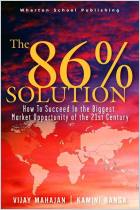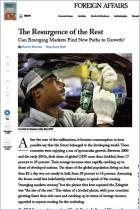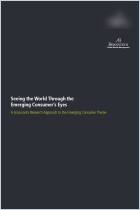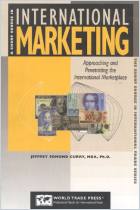
Read or listen offline
Amazon KindleRecommendation
Former investment banker Jeffrey C. Hooke now carries out financial deals in the developing world. He describes the potential for doing business or investing in the world’s 156 emerging markets. Hooke is realistic about the great risks – such as unstable governments in impoverished countries – but he highlights future potential. His book is a solidly researched and clearly written guide to assessing the business climate and deciding what types of products make the most sense in different developing countries. After an overview of the nature of emerging markets, why companies want to participate in or avoid these markets, and how to invest and make loans there, he looks at particular markets in Latin America, Asia, Eastern Europe and Africa. getAbstract recommends this worthy book to those considering working or investing in emerging markets, but academics or readers interested in how business is conducted in foreign places may also be intrigued.
Summary
About the Author
Jeffrey C. Hooke had been an investor banker for 10 years when he began doing deals in the developing world in 1991. He initially worked with the International Finance Corporation, the World Bank’s $8 billion private sector affiliate, where he investigated and closed large transactions in Latin America. In 1998, he began working with the $1.8 billion AIG-Asian Infrastructure Fund, the largest private equity partnership devoted to emerging markets. He arranged large equity financings in China, Thailand and Korea. These experiences led to the book.



















Comment on this summary or Iniciar a Discussão